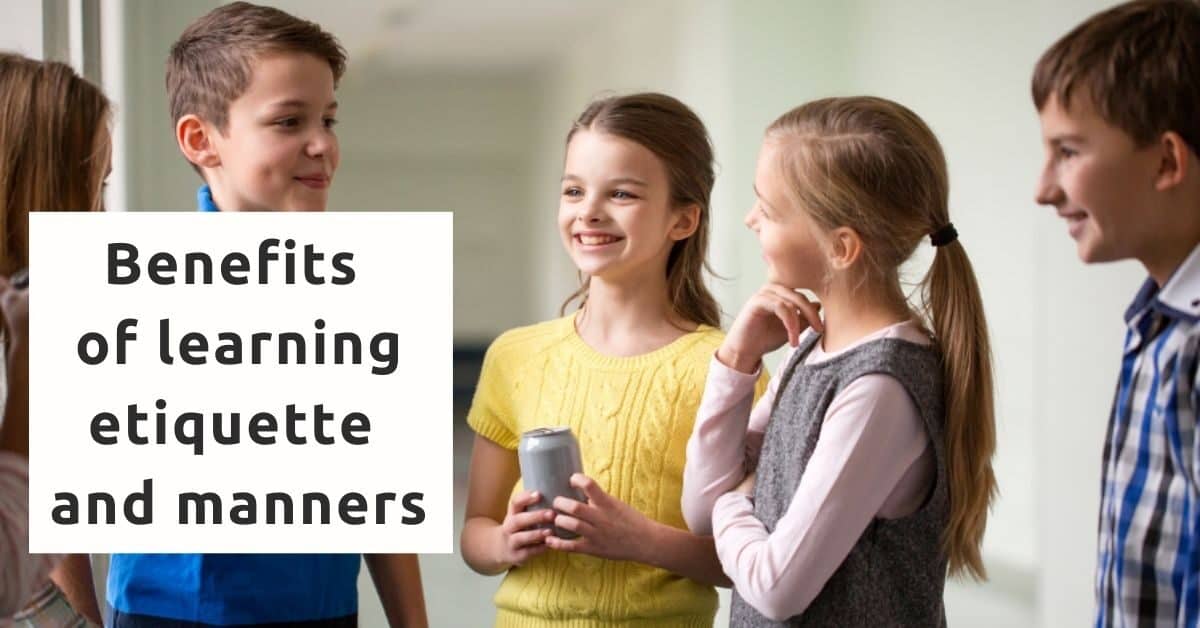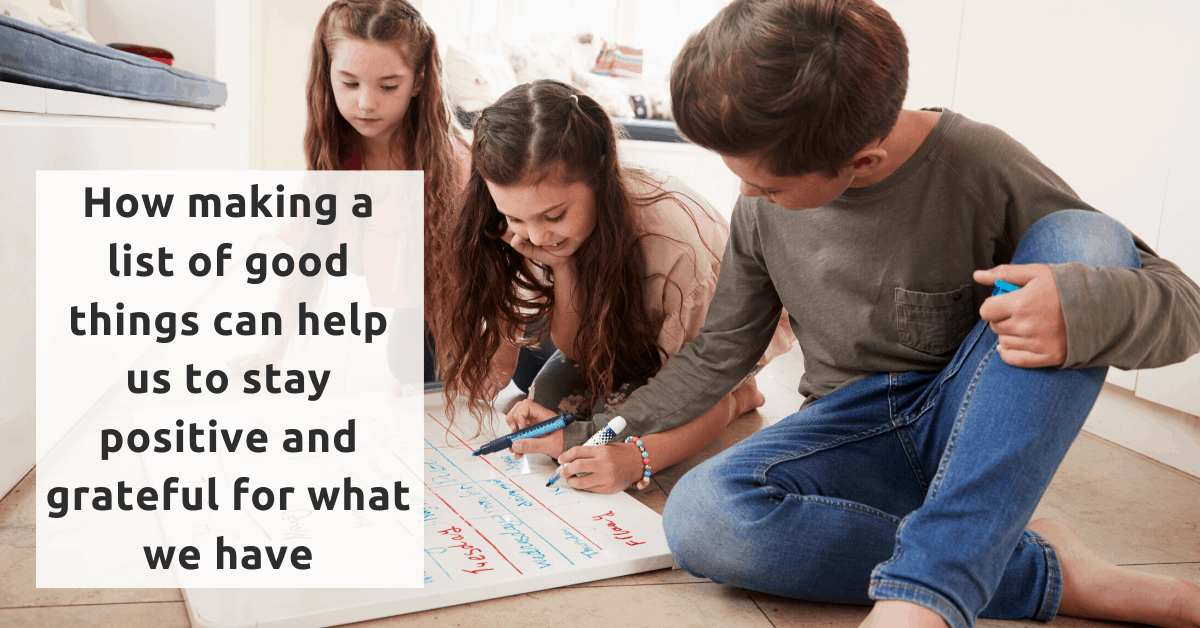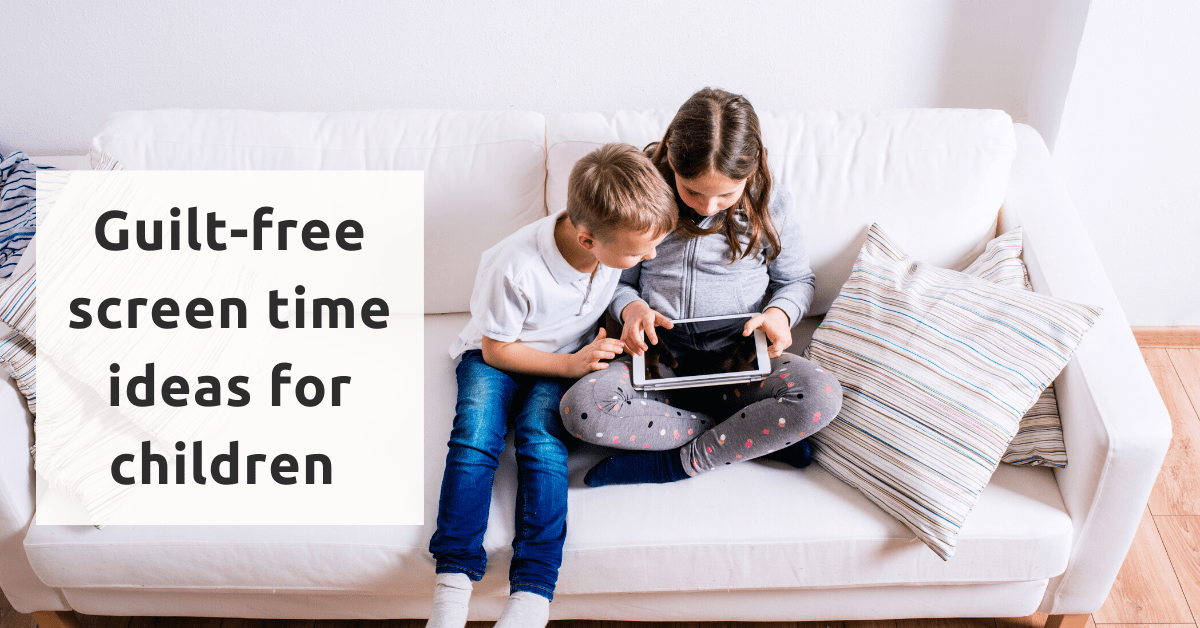Anna Hady – a growth and family tutor – on how to deal with difficult emotions at difficult times

Viktor Frankl
- Do you feel tense and irritable?
- Do you feel guilty after you burst out shouting at your close ones?
A lot of parents do today. We share these feelings nowadays as we experience our common humanity in the face of different crises.
Healing empathy
Do you accept difficult emotions?
We observe today a lot of worrying things, which we cannot influence. Feeling helpless is extremely difficult in our culture. However, we have a world within ourselves to shape through adapting a perspective that serves us (one also reflecting reality of course). This perspective includes recognizing that all emotions are OK, all are “normal”, come to us whether we want it or not and everyone has the right to experience them. Such a message to yourself and your loved ones is a healing portion of empathy and understanding, which we all need today. Therefore, it is much more supportive to say: I can hear you. I see that you are afraid or I know this is frustrating then try to turn down feelings by saying: Oh, common it will be fine, Don’t cry, give me a big smile or What’s the big deal?
Authentic messages
How do you communicate your needs and emotions?
We cannot deny or turn off needs or emotions. That would only suppress them causing a stronger explosion later on. Our efforts should concentrate on healthy regulating our needs and emotions, using INDIVIDUALLY most helpful strategies. Remember that being driven by emotions is not necessarily a constructive strategy (eg. letting yourself constantly unload anger may only feed rage; suppressing anxiety will magnify it). However, acting in line with our needs and authentically communicating them may turn out to be great support nowadays, as it is a healthy habit for all times. Being authentic means saying what you feel and think in a respectful way and when you want to communicate it while acknowledging others. How this may sound? I hear you want it now, but I do not feel like doing this, I need a rest. I can see you want to watch TV but I need silence to work now. I know you want to play one more time, but I do not want it anymore, I am tired.
Power band exercise
Do you consider your needs when saying ‘yes’ or ‘no’ to others?
Take a step back and observe yourself:
What happens when you keep saying yes for the sake of being a good parent and satisfying children, even though you feel exhausted and need a break?
It is as if you kept stretching the power band to the limit of your muscle endurance. You can stay at the extreme for a given time concentrating on this very task, no extra burden is bearable or you will collapse and crush yourself (and others). Examine yourself and FEEL when you can give more or engage in whatever happens around you. Also, open up to feeling when you’ve had enough and you definitely need to say no to others (to be able to say yes to yourself and take care of your needs).
Big difference
How to communicate your boundaries?
If you react authentically when your power band is not stretched to the extreme you will have more capacity to communicate your boundaries in a respectful way. Saying no gently, but with confidence, is easier for you to communicate and easier for children to accept. It is not loaded with shaming, attacking or evaluating and this makes a big difference! You will feel less guilty knowing that you passed your message peacefully. And if you fail and end up shouting? Apologise! Authentic people build authentic relations and share their vulnerability, which makes them even closer to each other.
Emotional insurance
Do you express your needs clearly?
By taking personal responsibility for your needs (and not expecting others to guess), you are modeling this skill to your children and this is a more powerful message than any preaching that parents deliver. It also has a bonus – your children will learn to respect themselves and take care of their needs without feeling guilty. And this is a tremendously helpful skill in adolescent and adult life. Think of how they naturally resist any crazy ideas they may find too risky in their peer group. Imagine how they object if anyone tries to mob them at work. Emotional maturity is insurance for the whole life and a key to healthy relationships. Picturing this makes it a lot easier for parents to say no to their children in a loving, respectful way.
Self-support
How do you address yourself at difficult times?
Finally, did you already consider what supportive words can you direct towards yourself? Take a minute and think about how do you address yourself at difficult times. Be aware that self-criticism leads to self-neglect and can provoke hostile behaviours towards others and self, thus weakens you. And you need to be in possibly good shape right now.
What we should practice in difficult moments is self-compassion – treating oneself with the same care and concern that we want to provide to our children, spouses and close ones. It includes embracing one’s mistakes, failures and inadequacies in an objective, forgiving way, free of judgements and blaming. Self-compassion is a step towards self-acceptance and constitutes a path to well-being and resistance, which are vital resources, not only in times of crisis. Have at hand the following phrases and be ready to use them when need arouses:
I tried my best.
Next time I’ll do it differently.
I learned something important.
About the Author
Anna Hady – a growth and family tutor, specializing in mindful parenting.
 “I have a degree in linguistics, studied sociology, hold Executive MBA; I have professional experience in the international business environment holding managerial positions.
“I have a degree in linguistics, studied sociology, hold Executive MBA; I have professional experience in the international business environment holding managerial positions.
However, starting a family and bringing my children into the world changed everything. Today, first of all, I am a wife and a mother with all my heart, and also a Tutor.
The role of wife and mother has led me to seek answers to questions about building a happy family. Children awake in me an infinite motivation for development, my husband provides extraordinary support in my activities.
I was searching for a path of education to be, not only strong, but equally happy and good person aware of their potential and building their character on a strong foundation of values. I believe that Tutoring is such a path and it is worth entering at various stages of one’s life – continuing education, designing life and career path; and planning goals or changes in life.
I have completed a first-level tutor course at Collegium Wratislaviense; specialization in Positive Psychology at University of Pennsylvania; certification training for Familylab trainers. Gaining these competences was an extremely valuable experience for me, I continue self-development and undergo trainings to share this knowledge and spread ideas that change the world around me for the better.”
Parenting during the coronavirus outbreak: tips on staying home for a long time, switching within a day to simultaneously perform roles of a parent, chef, educator and employee.
 Parenting during the coronavirus outbreak: how to talk to your children about COVID-19 and how parents can support their family through the coronavirus outbreak.
Parenting during the coronavirus outbreak: how to talk to your children about COVID-19 and how parents can support their family through the coronavirus outbreak.
Positive thinking: Good things we can draw out of the coronavirus situation.
Explore our other posts: how to manage our new lives – how to build your family’s emotional resilience and keep our bodies strong.
Explore our other posts: FREE audiobooks and podcasts for children in English and other languages – perfect treat for kids staying at home (and a bonus – they will buy the parents some time to work or rest).
Explore our other posts: active screen time (online zumba for kids, yoga, workout, fitness) – videos the children will enjoy by themselves giving the parents some time to work or rest.
Read another Anna’s recommendation on how to discover what parenting methods are the best for your family and why it’s ok to make mistakes.








